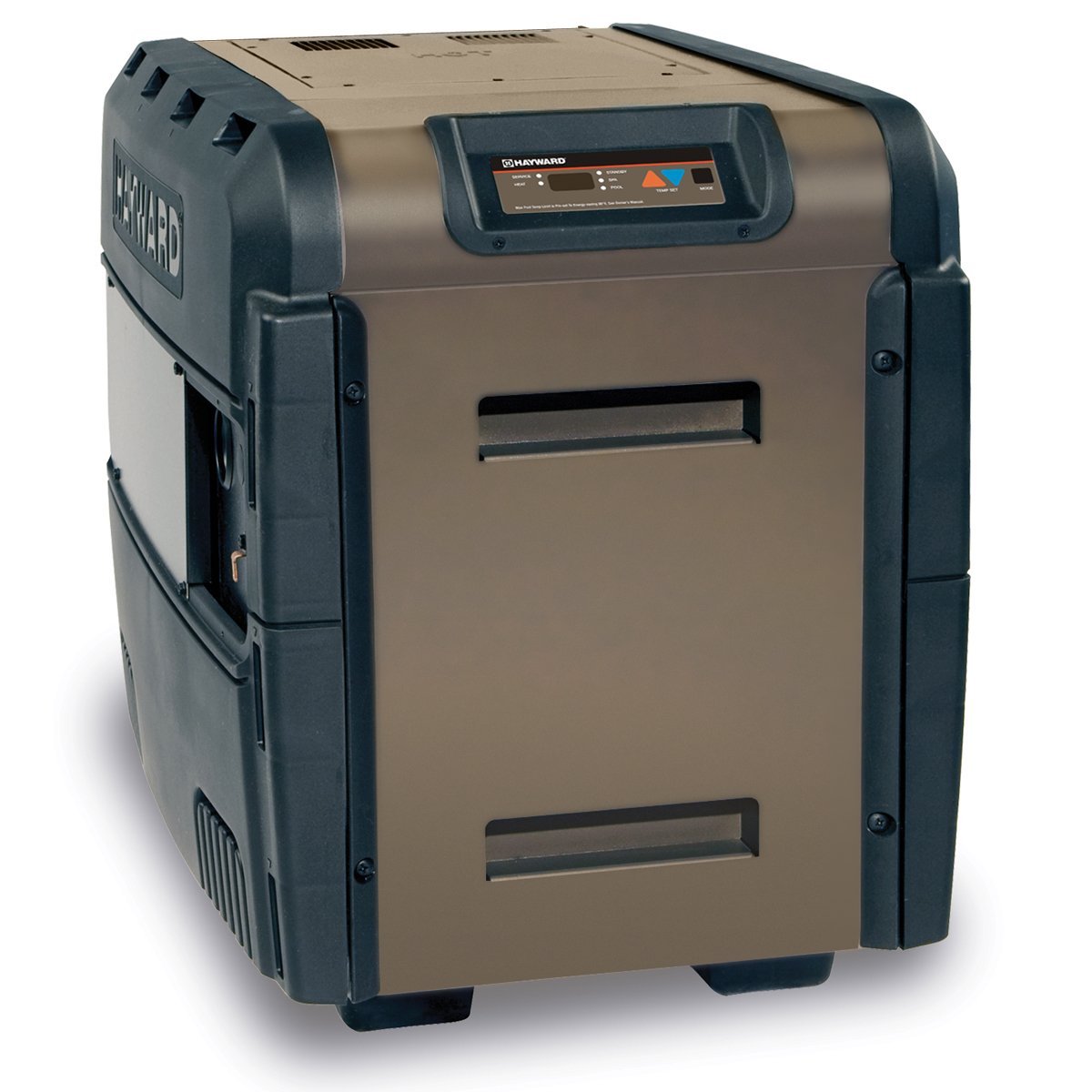
Turning Up the Heat: Understanding Pool Heater BTU and Its Impact on Your Pool
When it comes to heating your swimming pool, there’s a lot of talk about BTUs. But what exactly is a BTU, and how does it affect the warmth of your pool? In this article, we’ll dive into the world of BTUs, break down its significance, and help you choose the right heater for your pool.
What is BTU? BTU stands for British Thermal Unit. It is a measure of energy that represents the amount of heat required to raise the temperature of one pound of water by one degree Fahrenheit. In simpler terms, it’s a unit that quantifies the heat output of your pool heater.
How Does BTU Impact Pool Heating? The BTU rating of a pool heater tells you how powerful it is. A higher BTU means that the heater can produce more heat in a given timeframe, allowing it to warm your pool faster.
How to Calculate the Time Needed to Heat Your Pool: To determine how long it would take to heat your pool, you’ll need to consider a few factors: your pool’s volume in gallons, the desired temperature increase, and the BTU of your heater. You can also use our online calculator https://poolchemicalcalculator.com/Pool-Heat-Time-Calculator.html.
Here’s a simplified formula to estimate heating time:
- Calculate the number of pounds of water in your pool:
- Pool volume in gallons × 8.34 (since 1 gallon of water weighs approximately 8.34 pounds)
- Determine the total BTUs needed:
- Pounds of water × desired temperature increase (in °F)
- Estimate the heating time:
- Total BTUs needed ÷ heater BTU rating = time in hours
For example, for a 10,000-gallon pool with a heater of 100,000 BTU, aiming to raise the temperature by 10°F:
- 10,000 gallons × 8.34 = 83,400 pounds
- 83,400 pounds × 10°F = 834,000 BTUs needed
- 834,000 BTUs ÷ 100,000 BTU/hour = 8.34 hours
Choosing the Right BTU for Your Pool: The ideal BTU rating for your heater will depend on:
- The size of your pool: Larger pools may require heaters with higher BTU ratings.
- The desired temperature increase: If you live in a colder climate and need a significant temperature increase, opt for a higher BTU.
- How quickly you want to heat your pool: For rapid heating, go for a heater with a higher BTU rating.
Conclusion: Understanding BTUs is essential when selecting a pool heater. By considering your pool’s size, your heating goals, and the BTU rating of potential heaters, you can ensure you choose the right heater for your needs. Armed with this knowledge, you’re on your way to enjoying a warm, inviting pool regardless of the season!
???? Recommended Products
Based on the topics covered in this article, here are our top product picks to help you maintain a healthy, sparkling pool:
- Hayward W3HP21404T HeatPro Heat Pump (~$3,200) — Energy-efficient heat pump warms your pool using ambient air — far cheaper to operate than gas heaters.
- Taylor K-2006 Complete Pool Water Test Kit (~$90) — The gold standard for pool water testing — measures chlorine, pH, alkalinity, calcium hardness, and CYA with laboratory-grade accuracy.
- AquaChek 7-Way Pool & Spa Test Strips (100 ct) (~$17) — Quick and easy 7-parameter testing for chlorine, bromine, pH, alkalinity, hardness, and CYA — perfect for routine checks.
- Sun2Solar Blue Solar Cover (various sizes) (~$45) — 12-mil solar blanket reduces evaporation by up to 95% and raises water temperature by 10-15°F.
As an Amazon Associate, we earn from qualifying purchases. Prices are approximate and may vary.




